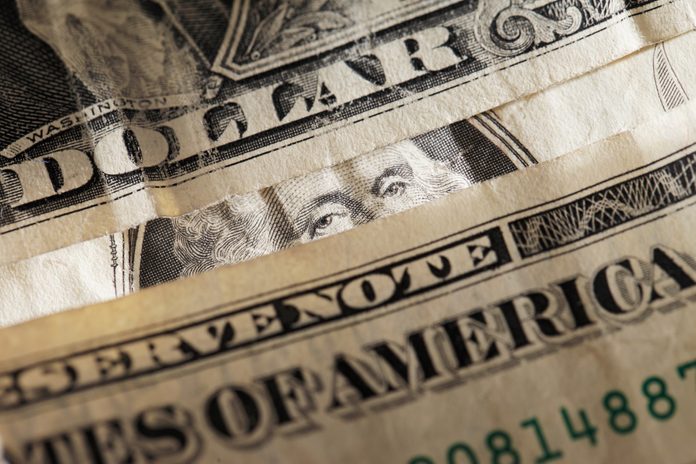
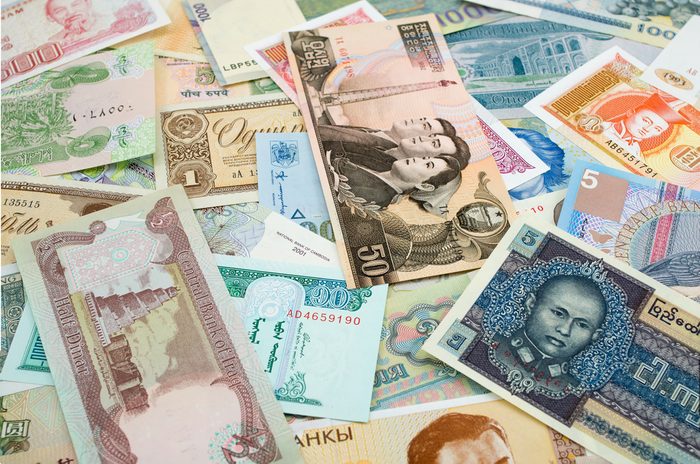
Foreign transaction fees
You’re on vacation overseas having a good time, and you whip out your credit cards without much thought. Bad idea. While traveling abroad, be extra wary that credit cards add 1 to 3 percent on top of a purchase as a foreign transaction fee. “Avoid this pesky fee by paying with cash or using a credit card that waives the foreign transaction fees,” says Natasha Rachel Smith, a personal finance expert with TopCashback.com.

Hotel check-in surprise
Often, popular hotels in tourist destinations charge resort fees that are unavoidable. The fees can range from $10-$30 a night. “This is often a surprise to most guests due to the fee not being included in the price. To avoid a costly surprise during check-in, call your hotel and ask upfront about fees,” says Smith.

Retirement rip-off
If you’re funding a Qualified Plan like a 401(k), even a seemingly negligible fee that adds up to 1 percent can cost big. “Such a small fee can reduce your retirement balance by 28 percent,” says Garrett Gunderson, founder and chief wealth architect at the Wealth Factory. Realize that retirement plan fees include administration charges, fund marketing charges that are known as 12-b-1 fees (marketing fees), legal fees (set-up fees, admin fees), expense ratios (paying for the manager even if it doesn’t beat a low or no cost index fund). In order to avoid paying these fees, make sure to read the fee disclosure statement that lists out investment options for your 401(k). This will help you figure out if it’s worth looking into a plan at a lower cost. Forgetting about surprising costs is one of the most common retirement savings mistakes.

Check out your cable provider
Cable TV providers are adding fees to cover their costs—while they say they’re holding down their prices in general, says Gunderson. These costs come from carrying certain broadcast networks such as CBS, and for regional sports channels. “In any event, cable companies will almost always renegotiate or lower the costs of Internet service, cable packages, etc., if you call to cancel. For example, I got mine down from $170 a month to $100 by negotiating,” says Gunderson.
Examine your cable bill to see what channels you watch, what channels you don’t, and where you may be overcharged. Negotiate a package that gives you the channels you watch most. Look at the fees on your bill—for extra boxes, or for your modem. You can sometimes replace the modem you rent from the cable company with one of your own, which will pay for itself in months. Prevent hidden fees by learning all of these personal finance tips you were never taught.

Sneaky hotel fees
Open the mini bar in your room at your own risk. Sure, they may have a list of prices beside the mini bar, but sometimes, just shifting items in the bar can trigger a charge. Ordering extra towels might also cost you. It’s a good idea to ask about any fees or charges for stuff in your room before you use or get more.

Keep your eyes on your keys
No doubt when you’re on vacation, you’re in a happy-go-lucky mood. Don’t get too caught up that you lose the keys to your rental car. That fee may be $300 and if you lose your hotel key, it could be $25 or more.
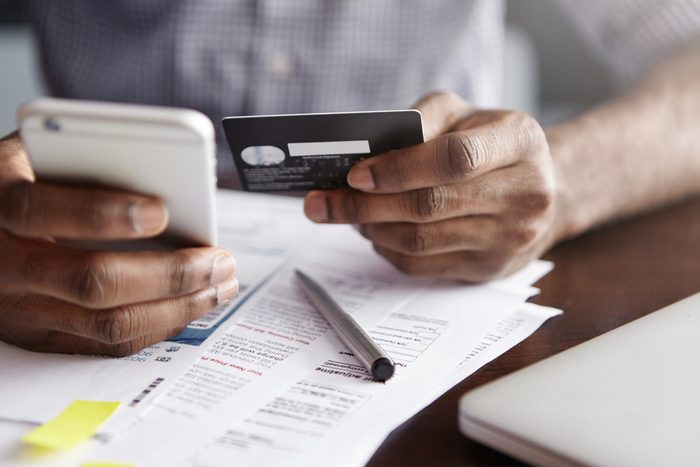
Blindsided by balance transfer fees
It sounds so simple: Transfer the hefty balance on your credit card to a new credit card with a zero percent interest rate. But that opportunity will ding you the hefty surcharge of 4 percent in transfer fees. So be sure it’s worth doing and that you can pay off your entire balance during the promotional period, otherwise, you’ll owe interest on the remaining balance, undercutting your intended benefit.
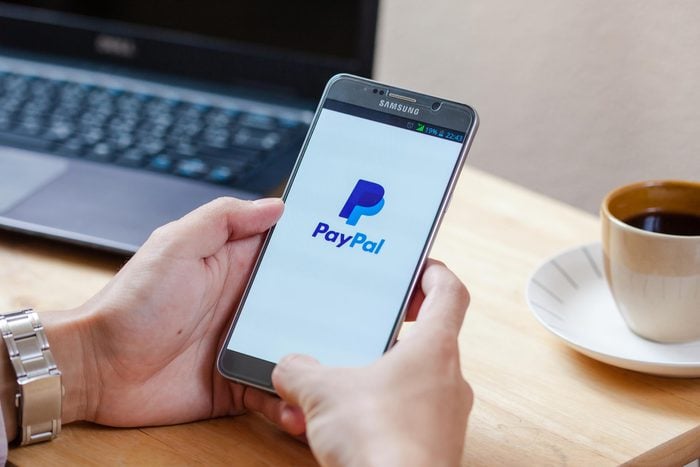
PayPal problematic?
“If you use PayPal to shop online, then there’s a good chance that at some point you’re going incur some sort of monthly fee that is automatically charged to your PayPal account. This is usually the case when you sign up for some sort of online membership or subscription,” says Steve Wang, a certified financial planner who runs a career blog. Businesses use this payment system to take advantage of customers who forget to cancel or simply never knew they were signing up for a recurring charge, he says. These fees run for an indefinite amount of time until you take the initiative to cancel them and can slowly eat away at your finances.
As for strategy, he says, “Always check your PayPal payment history. Chances are if there’s something being charged on a weekly or monthly basis that you don’t immediately recognize, it’s a recurring payment. If you wish to cancel a recurring payment, there’s a user page within your PayPal account settings where you can manage all the recurring payments currently active on that account.” In addition to PayPal literacy, make sure you know these nine financial planning terms by the time you’re 40.

Home sweet home
Home-buyers can expect a ridiculous number of fees at closing, such as inspection fees, title searching fees, survey fees, loan origination fees, and some other seeming frivolous fees. Says Wang, “These usually can’t be avoided. At times they can be negotiated though, and you should definitely be aware of the existence of many of these fees that are associated with buying a new house.” Here are other surprising costs and fees first-time homebuyers need to know about.

Careful with convenience
Prepaid cash cards are easy and can be a good choice for kids on leaving home for the first time. But buyer beware. Says Wang, “Almost all prepaid cards come with some sort of activation fee, swipe fee, or monthly maintenance fee. While they may seem inconsequential at first, these fees can often pile up.”
Know, too, there are only a few prepaid cards with no fees. Says Wang, “Only use prepaid cards when you have to, and be sure to read the fine print or do some research online regarding what fees may be potentially involved.”

Airline tricks
The airlines giveth and taketh away. “Fees to redeem reward points are sneaky. These fees most often occur when redeeming reward airline miles,” says Bobbi Rebell, a personal finance expert with TransferWise. Rebell recommends taking the time to read the fine print when signing up for a card, redeeming rewards, and asking for fee waivers when needed.
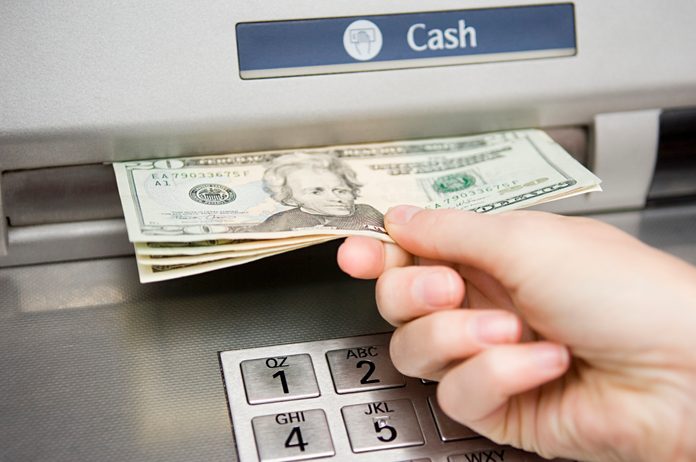
Out-of-network ATM angst
Many Americans are paying fees simply to access their own cash. ATM fees can add up. “The average fee for using an ATM not associated with your bank is over $4! With a little pre-planning, ATM fees are completely avoidable. Your bank may have an app that lets you map out ATMs without fees. You can also search around for another bank that does not have out-of-network fees,” says Tony Drake, a certified financial planner, CEO and founder of WealthWisconsin.com. For more ATM secrets, find out the things your bank teller won’t tell you.
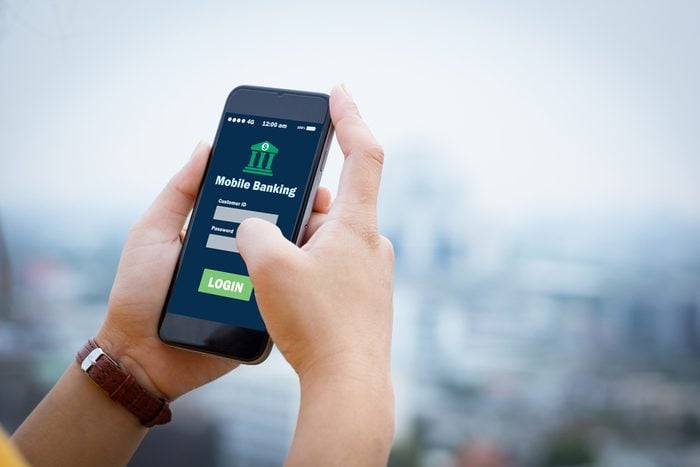
Outrageous overdrafts
“Overdraft fees are also adding up to more than $30 each time you overdraft. This is another fee that is completely avoidable by setting up alerts with your bank that will warn you when you are getting low on funds,” says Drake. You can also opt out of overdraft protection, and your debit card will be denied. Banks usually do offer one grace overdraft. “If you get hit with a fee, call and ask if you can have it waived. Many banks will do that once a year,” says Drake.
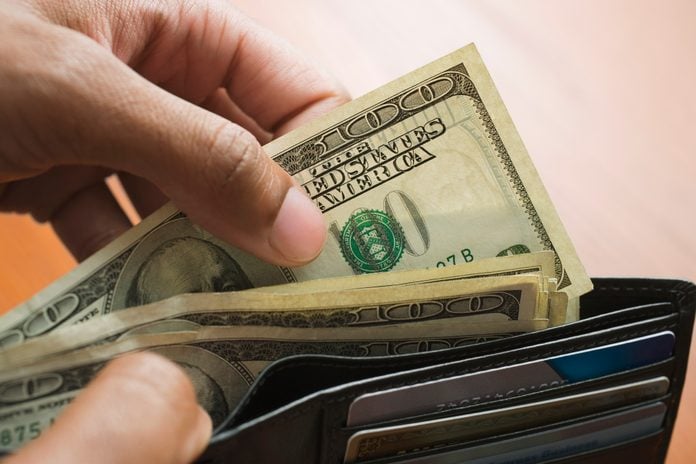
Adios annual fees
Some banks will look to collect an annual fee—but you can dodge it. “Annual fees vary, so consult a banker to find out how you can avoid paying the annual fee. Depending on the company, you might be able to open a savings account alongside the checking account to steer clear of fees,” says Smith.

Beware of “free checking”
There is no such thing as a free lunch. Sure, a bank may say it offers free checking accounts. Dig deeper—there could be a monthly maintenance fee if you don’t meet certain criteria, like carrying a daily minimum balance. If you don’t think you’ll maintain that average, look for a financial institution that has a low balance requirement, like $25 or less.
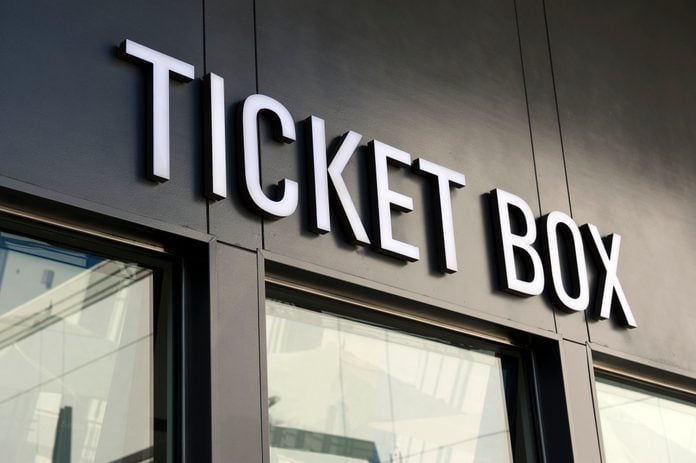
Buy from the box office
Seeing the top performers and catching big events will cost you plenty—don’t add to the bill by ordering online from ticket vendors if you can avoid it. You’ll pay extra with the fees they tack on. You’re better off getting your tickets at the box office.

Lighten your load
How much do you really need on vacay? Avoid sticker shock at the airport with overweight baggage fees by packing less. To get a read on your luggage, use your bathroom scale. If the difference between your weight and your weight plus the bag is more than 50 pounds, lighten up. Of course, you shouldn’t listen to every money-saving tip you hear.
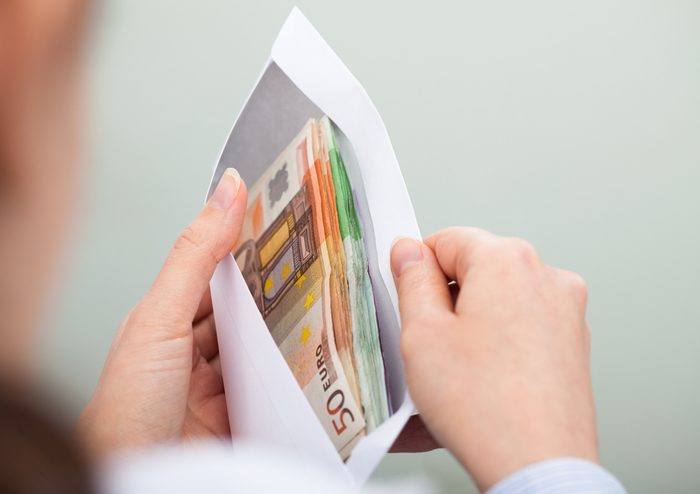
Remittance racket
Remittances are a consumer financial service with some of the worst hidden fees. “Immigrant workers who most often send remittances, have been historically preyed upon and disadvantaged by financial services. They are forced to contend with high fees, unfair exchange rates, and an array of hidden costs just to send their hard-earned money to loved ones who desperately need it,” says Matt Oppenheimer, co-founder and CEO of Remitly.
A traditional remittance company, like Western Union, will often take a 10 percent fee off of senders. “Look to digital transfer services like Remitly or TransferWise who have lower fees, fair exchange rates, and faster send times,” says Oppenheimer.
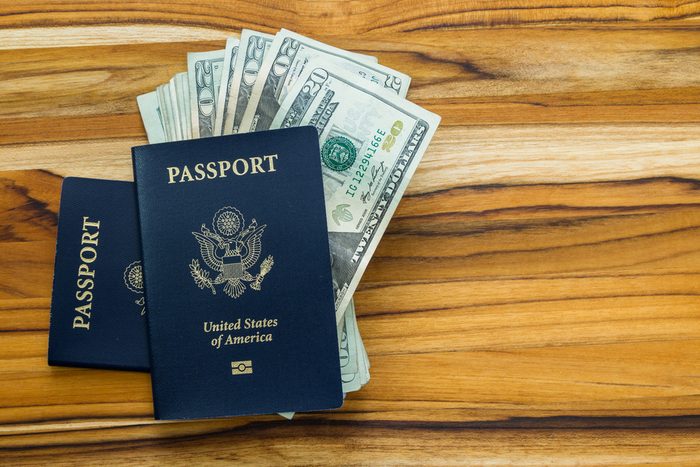
Avoid the hit heading home
You’ve enjoyed yourself abroad and are plotting your return. As you head through customs, you get hit with a surprise. If you want to leave you better pony up some cash. Exit/tourist fees typically are around $25, not a great sum, but when you’ve spent a ton of money already, especially when you’re not expecting it, can be a pain for your pocket. When you’re studying up on your destination, look for information about exit fees.

Paper is so passé
In the digital era, paper is practically a dinosaur. So don’t be surprised if your bank, brokerage, and other institutions start to charge you for monthly paper statements. Don’t resist technology. Signing up for electronic statements is not a big deal. That’s also less paper to pile up on your coffee table.
Sources:
- Natasha Rachel Smith, TopCashback.com
- Garrett Gunderson, Wealth Factory
- Steve Wang, Resume Writing Advice
- Bobbi Rebell, TransferWise
- Tony Drake, WealthWisconsin.com
- Matt Oppenheimer, Remitly
- U.S. News: “9 Ways to Avoid the 401(k) Early Withdrawal Penalty and Other Fees”